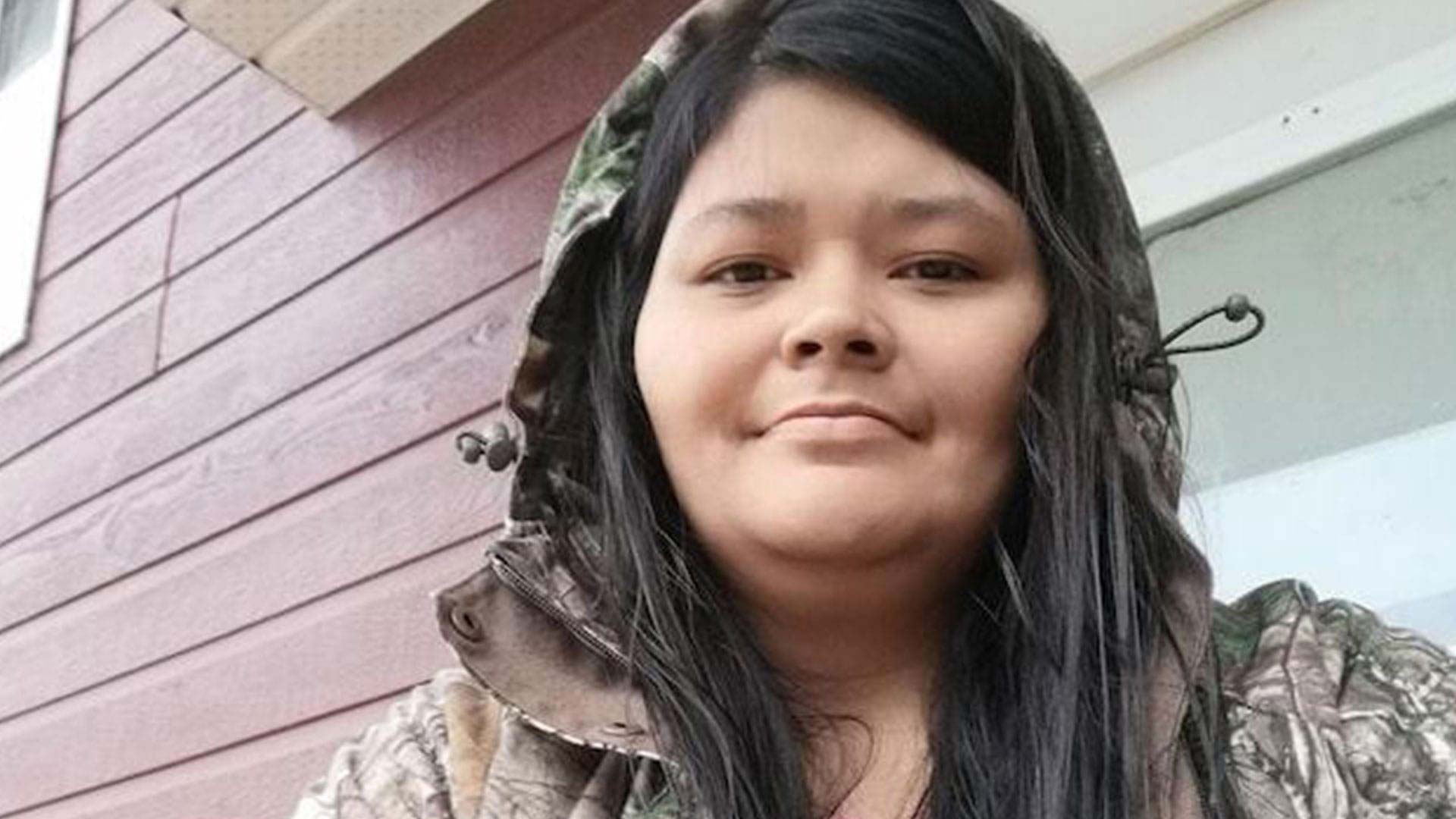At a Friday meeting, the Assembly of First Nations Quebec-Labrador (AFNQL) came to the table with the Quebec premier, the province’s Indigenous Affairs minister, and over 100 Indigenous delegates for the first in a series of political gatherings meant to bridge gaps in the nation-to-nation relationship.
“It was an open and frank meeting, and our chiefs were very frank in their comments today, addressing issues that are sensitive – highly sensitive – and where we find ourselves in different camps,” AFNQL Regional Chief Ghislain Picard explained.
“Of course, I’m referring to Quebec and First Nations.”
This planned “political roundtable” was announced jointly in November 2020 to respond to what Picard calls a “political void” established in the first two years of the CAQ government tenure.
At the time, Picard identified at least three priority issues: child welfare and Quebec’s rejection of Federal bill C-92, the implementation of the United Nations’ Declaration on the Rights of Indigenous Peoples (UNDRIP), and the issue of racism in health care.
“The order is tall – as it should be. Expectations are high,” Picard said during a press conference Friday.
The latter issue – racism in health care – made headlines again this week as Picard brought forward allegations of mistreatment at a public clinic in Joliette, not far from the hospital where Joyce Echaquan died in September.

According to Picard, Jocelyne Ottawa, an Atikamekw woman from Manawan, was subjected to “harassment” and “intimidation” while seeking care at the CLSC Joliette.
“The staff from the clinic saw her name and told her ‘I think we’ll just call you Joyce,” Picard wrote in a Facebook post on March 19.
The regional health authority overseeing the clinic confirmed Monday the two nurses involved were fired. Quebec’s National Assembly also issued a public apology to Ottawa this week.
But on Friday, the La Presse newspaper reported the union representing the two nurses is defending their actions, saying they had already taken Quebec’s newly-mandated cultural sensitivity workshops.
In response, Ian Lafreniere, minister of Indigenous Affairs, said cultural sensitivity workshops are still considered to be a viable first step in addressing issues of systemic discrimination.
“It’s not a vaccine – it’s not that you go through that training and, you know, you’ll be good for 20-30 years or so,” Lafreniere said Friday.
“It’s not one action that’s going to solve that mystery: it’s many of them. And we’re going to have to face reality: even if we do prevention, there will be people who will need corrective measures in different ways.
There’s still holdout on Quebec’s recognition of “systemic racism,” and full application of Joyce’s Principle – the Atikamekw Nation’s plan to improve the province’s health care system, according to Picard.
The parties involved – particularly the AFNQL and Lafreniere – said Friday they’ve committed to weekly phone calls moving forward.
Picard says he foresees “many more” meetings to come, and Lafreniere is promising a forum specifically to address economic issues this fall.
“For the past 20-25 years, we’ve tried to find the best – and most productive – way to engage governments,” Picard explained. “We always found ourselves in a situation where we’d have to provide ourselves with the proper means and proper space to have a direct dialogue, rather than finding ourselves in situations where we’d often react based on decisions we were not privy to, or not consulted for.
“There are a number of key principles that First Nations stand by, and this needs to be conveyed to Quebec – which is something we’ve done today,” he said.
In a tweet addressing the Friday morning meeting, Premier Francois Legault said Quebec is “starting a new chapter to build win-win partnerships.”
Legault did not meet with media after the meeting.
The leaders plan to meet again – but no date has been set.










